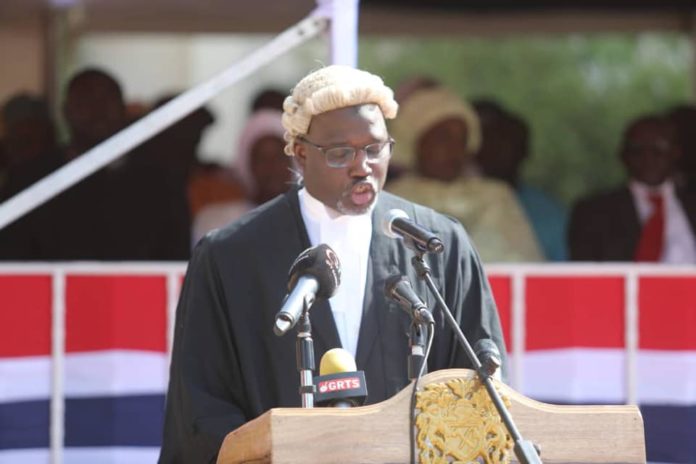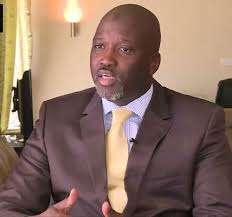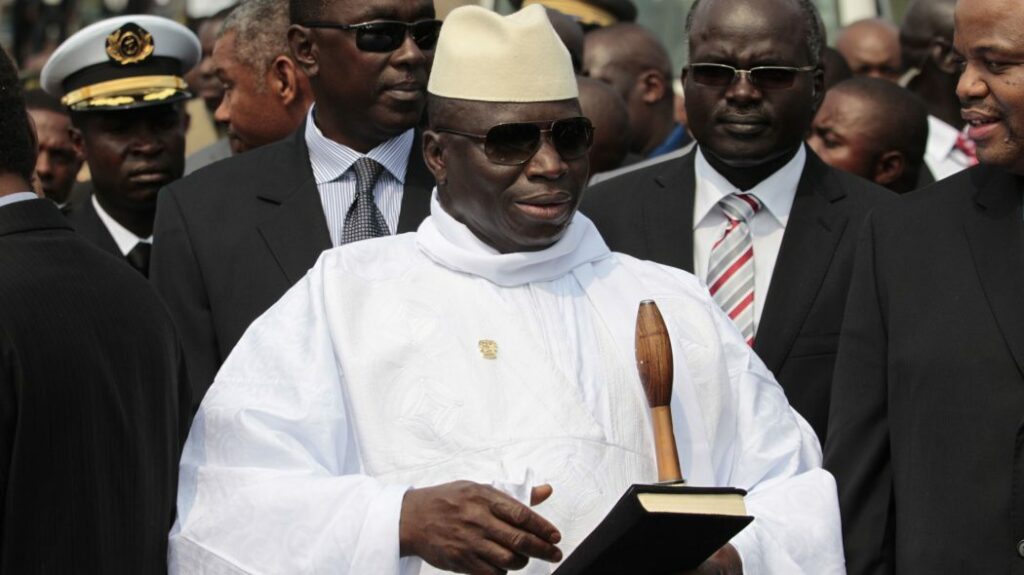
Former Gambian Attorney General Abubacarr Tambadou has vehemently denied any involvement in or wrongdoing regarding the controversial sale of assets seized from former President Yahya Jammeh. His response comes after being prominently mentioned in an investigation by The Republic, which raised questions about the transparency of the asset disposal process.
Tambadou, who served as the Minister of Justice from 2017 to 2020 under President Adama Barrow, found himself at the center of scrutiny after reports suggested a link between the sale of his private property and the controversial sale of Jammeh’s assets. Tambadou dismissed the claims as “utterly untrue,” describing the perceived connection as a “mere temporal coincidence.”
“The sale of my private property, which coincided with the sale of the Jammeh assets, most likely gave rise to the speculation,” he explained. “But the two events were entirely unrelated.”
The Republic investigation examined the procedures surrounding the disposal of Jammeh’s seized assets and raised concerns about the lack of transparency, suggesting that individuals close to the Barrow administration may have benefited from the sales.

One of the key figures mentioned in the investigation is Alpha Barry, the head of Alpha Kapital Advisory, a firm assigned to oversee the asset sales. The report insinuated that Tambadou may have influenced Barry’s appointment to the role.
However, Tambadou refuted these claims, stating that the appointment of Alpha Kapital was made collectively by a Ministerial Committee, not by him personally.
“The Ministry of Justice, as the focal point, conveyed the appointment, but it was on behalf of the committee,” he clarified. “It was not a personal decision.”
Tambadou also explained that his first interaction with Barry occurred in 2018 when a delegation from the FTI Group, which included businessman Mustapha Njie of TAF Global, visited the ministry regarding lands intended for a hotel project. He stressed that he had no prior relationship with Barry, either personally or professionally, and only became acquainted with him in the course of his duties as a receiver.

Responding to earlier statements made in 2020 to the National Assembly, Tambadou denied any suggestion that he misled lawmakers about Alpha Kapital’s appointment.
“In accordance with the Janneh Commission’s recommendations, Alpha Kapital was appointed to replace Augustus Prom,” he asserted. “I have never misinformed the National Assembly on this or any matter.”

The Republic investigation also raised broader concerns about the asset disposal process, citing potential conflicts of interest and a lack of public disclosure. While businessman Mustapha Njie, mentioned in the report, has not been directly implicated in any misconduct, the investigation emphasized that the process was plagued by questions of fairness and transparency.
Following Jammeh’s 2017 exile to Equatorial Guinea, a government inquiry revealed that the former president embezzled over $362 million during his 22-year rule. Despite the recovery of more than 35 properties, hundreds of vehicles, aircraft, and company shares, only $23.7 million has been recovered to date—less than 10% of the total estimated losses.
The sales of Jammeh’s assets have faced widespread criticism for lacking transparency, with accusations that some assets were sold at significantly below market value, and that politically connected individuals may have benefited. Civil society groups, journalists, and lawmakers have consistently called for greater public disclosure and accountability in the asset disposal process.
By Adama Makasuba










Recent Comments